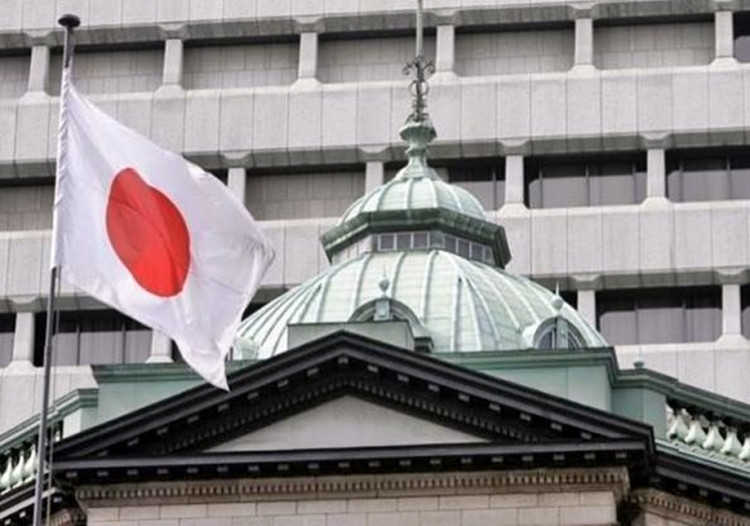The Bank of Japan (BOJ) on Tuesday ended its unconventional monetary easing policies, signaling a shift towards policy normalization after years of ultra-loose measures aimed at reflating the world's fourth-largest economy. The central bank's decision to scrap its negative interest rate policy and yield curve control program comes amid robust wage growth and the expectation that it will lead to sustainable price increases.
The BOJ's Policy Board announced that short-term interest rates will now be guided within a range of zero percent to 0.1 percent, effectively raising rates from the previous -0.1 percent. However, the central bank emphasized that financial conditions will remain "accommodative" for the time being. The decision marks the BOJ's first rate hike since 2007 and makes it the last major central bank to abandon negative rates.
Governor Kazuo Ueda, addressing reporters after the two-day monetary policy meeting, declared, "Unprecedented monetary easing is now over." When asked about the pace and extent of future rate hikes, Ueda cautioned that "rapid increases will be avoided" given the current economic outlook. The BOJ's statement also noted that it anticipates maintaining accommodative financial conditions for the foreseeable future.
The Japanese yen slipped past the 150 mark against the U.S. dollar following the announcement, while the yield on 10-year Japanese government bonds (JGBs) fell to 0.725 percent, still below the BOJ's rough upper limit of 1.0 percent. Prime Minister Fumio Kishida described the central bank's move as "appropriate" and pledged continued cooperation between the government and the BOJ.
The BOJ's decision to end its negative rate policy means higher borrowing costs for companies and households but improved profitability for commercial banks and other financial institutions. The central bank was encouraged by strong wage growth during this year's annual "shunto" wage negotiations between labor unions and management, which Governor Ueda had previously signaled would prompt a policy change.
Ueda expressed confidence that the BOJ's 2 percent price stability target can be achieved sustainably and stably, citing a virtuous cycle of pay and price increases, broadening price hikes in the services sector, a proactive stance on investment among Japanese firms, and improving consumer sentiment. Major companies such as Toyota Motor Corp. and Nissan Motor Co. have already announced their largest pay hikes in decades.
The BOJ will not immediately stop purchasing JGBs, aiming to prevent a surge in bond yields that could harm the economy. "We have government bonds and ETFs that we've bought in the past on our balance sheet, so the legacy of our unprecedented monetary easing will remain for the time being," Ueda explained.
Economists and analysts expect the BOJ's policy normalization to be cautious and gradual. Yuichi Kodama, chief economist at Meiji Yasuda Research Institute, noted that Governor Ueda would want to avoid a scenario where higher interest rates negatively impact households. Kodama suggested that short-term interest rates could reach 0.5 percent by 2025.
The BOJ's decision comes amid expectations that the Japanese economy will continue to recover moderately, although weak domestic demand, particularly in private consumption, remains a concern. The central bank's persistence with ultralow rates had significantly weakened the yen as other global central banks aggressively raised rates to combat inflation.




